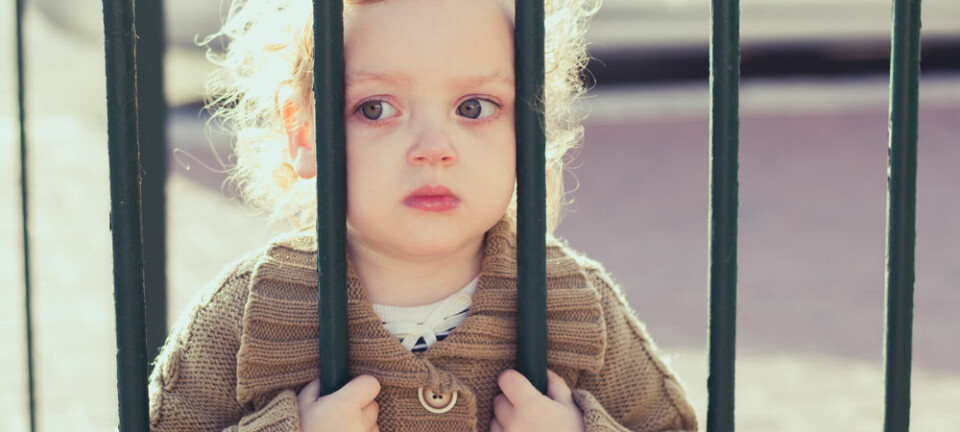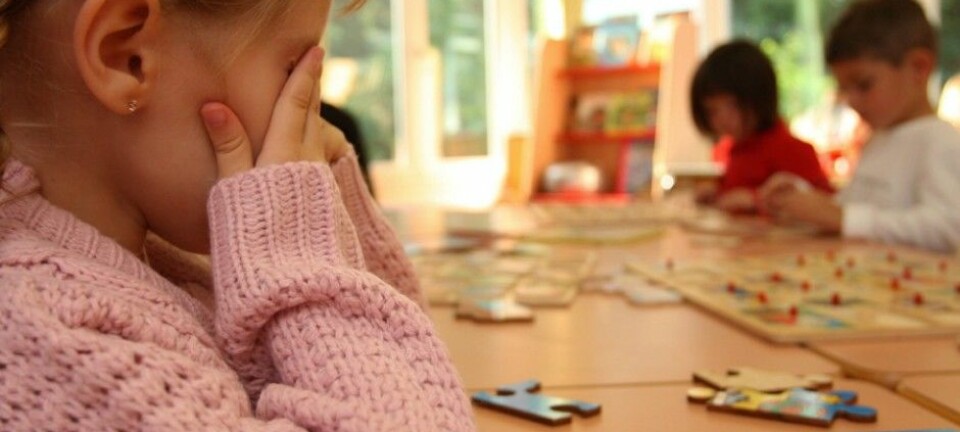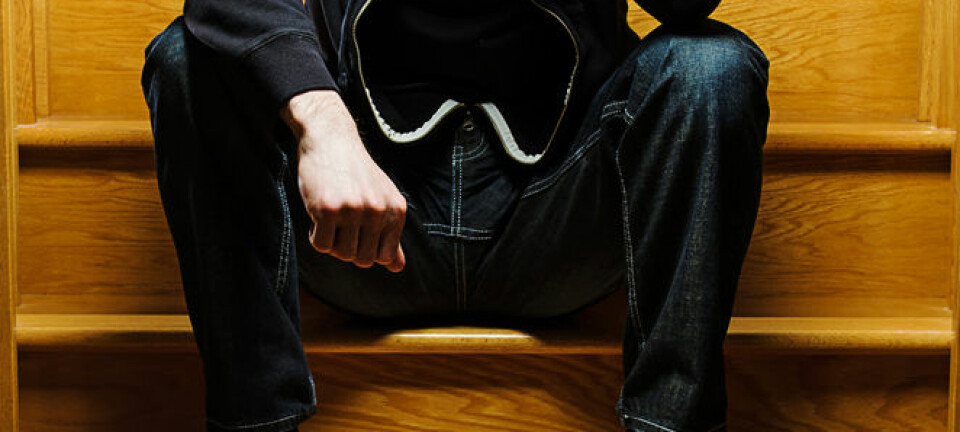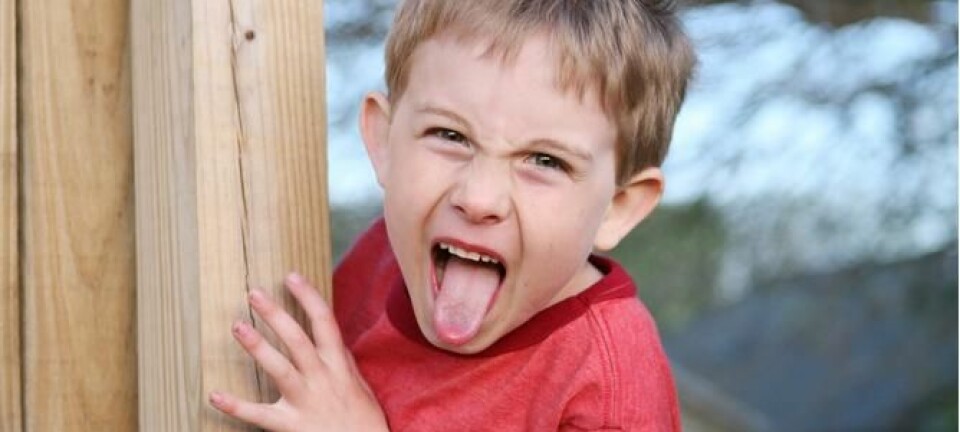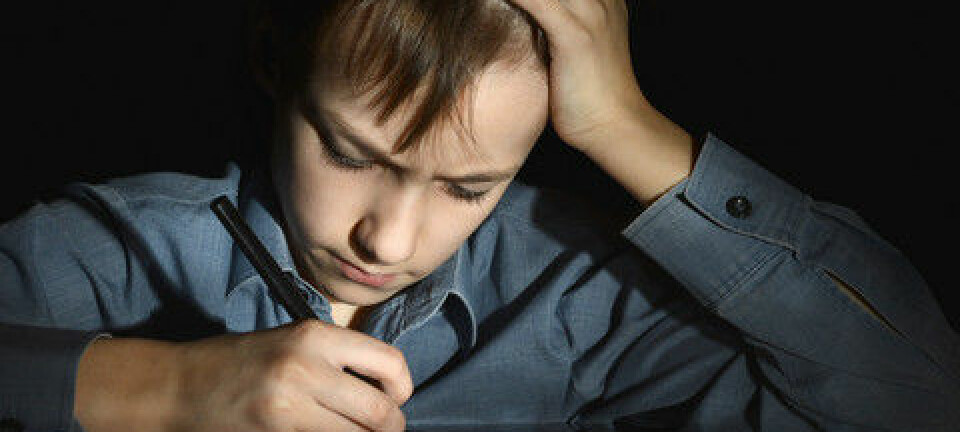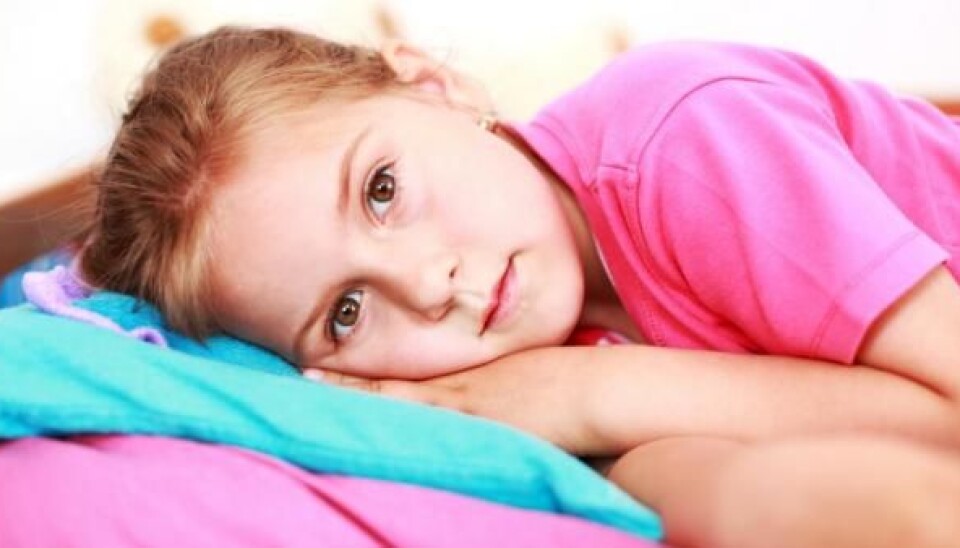
Poor sleep may lead to ADHD symptoms in children
Kids who display ADHD symptoms sleep less than other children and the sleep that they do get is often disturbed, shows new research.
Kids might display ADHD symptoms when they do not get enough good quality sleep, say scientists.
“It confirms [what] many parents [of ADHD children think]--that their children have sleep disorders," says lead-author Anne Virring Sørensen, from Aarhus University, Denmark.
The new results are published in the scientific journal Sleep Research.
Extreme fatigue leads to ADHD symptoms
Sørensen and her colleagues studied 76 children with an average age of 9.6 years who were diagnosed with ADHD. Of these children, 34 had shown no other psychiatric symptoms, such as autism.
Sørensen and her team conducted both a ‘polysomnography’ and a so-called ‘multiple latency sleep test’ (MSLT), which used electrodes to measure brain activity.
She saw that children who were diagnosed with ADHD did not reach the same level of deep sleep as other children and they slept on average 40 minutes less each night. But these same kids fell asleep much more quickly than non-ADHD kids during the day.
Sørensen speculates that some kids may display the symptoms of ADHD, simply because they are overtired due to disturbed sleep.
“It's an obvious hypothesis,” she says.
Existing ADHD medicine aggravates sleep problems
While none of the kids involved in this study were medicated for ADHD, Sørensen points out that some of the medication commonly used to treat the condition can exacerbate such sleep problems.
“Ritalin, which is used to treat [ADHD] keeps you awake. So it’s actually a paradox to use a drug that keeps people active when treating ADHD,” says Sørensen.
Psychologist Ole Jakob Storebø from the Region Zealand Hospital, Denmark, agrees.
He was not involved in the new research, but he also studies ADHD disorders.
“We know that this is a side-effect of this type of medicine--that it leads to poor sleep and makes it harder to fall asleep. The study indicates that the children [already] have problems with falling asleep and so it’s not good, if their treatment reinforces this problem,” says Storebø.
Results indicate possible new treatments
Storebø is excited by the new results and hopes that it will lead to further research into the links between sleep and ADHD.
The new results may even open up new treatment options, where doctors could tackle the sleep disorder in order to treat some cases of ADHD.
“I think we should perhaps focus more on treatments that can help children achieve a better quality of sleep. It’s natural to think along these lines as we know that if children don’t get enough sleep, that alone can make them hyperactive,” says Storebø.
-------------
Read the Danish version of this article on Videnskab.dk
Translated by: Catherine Jex
